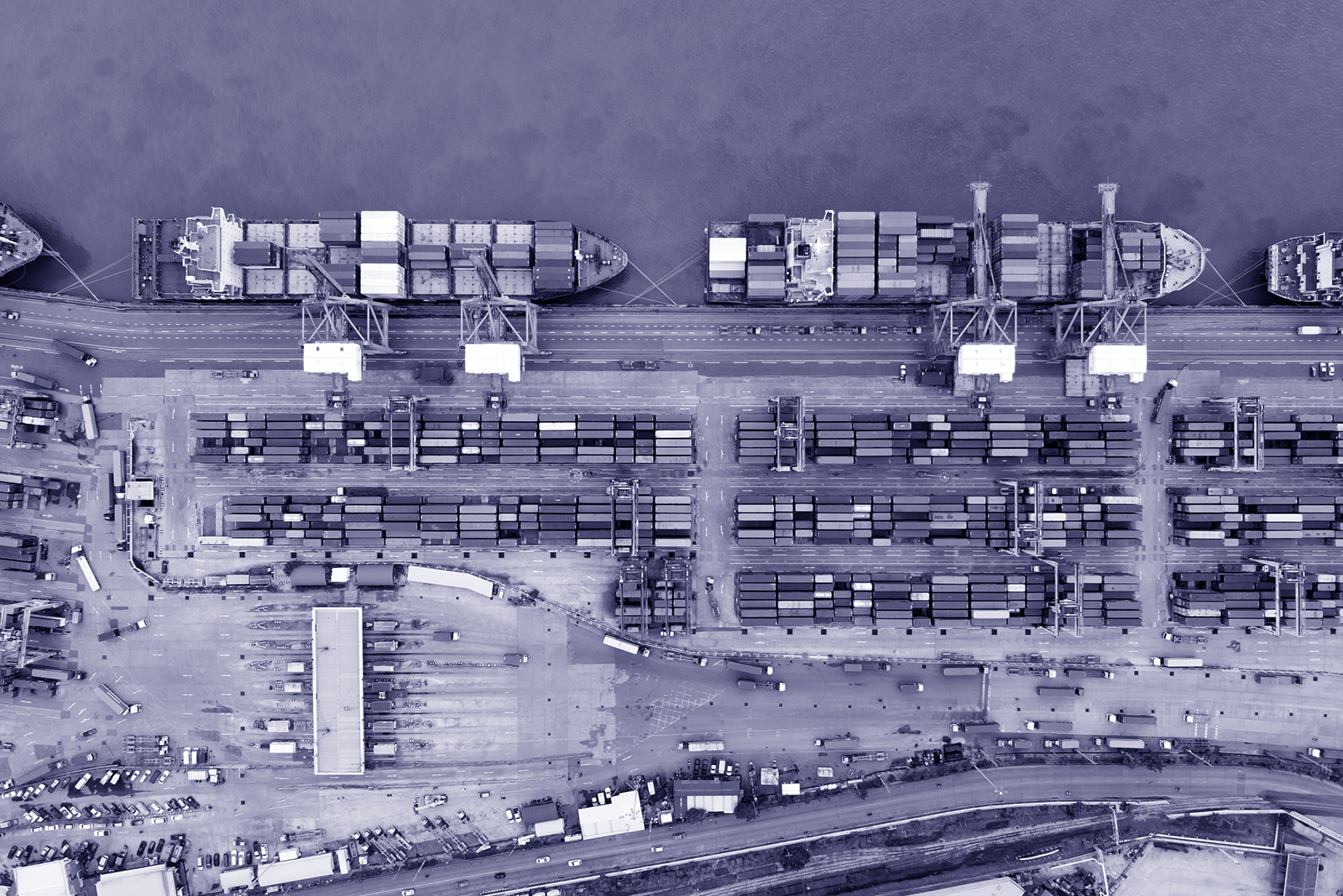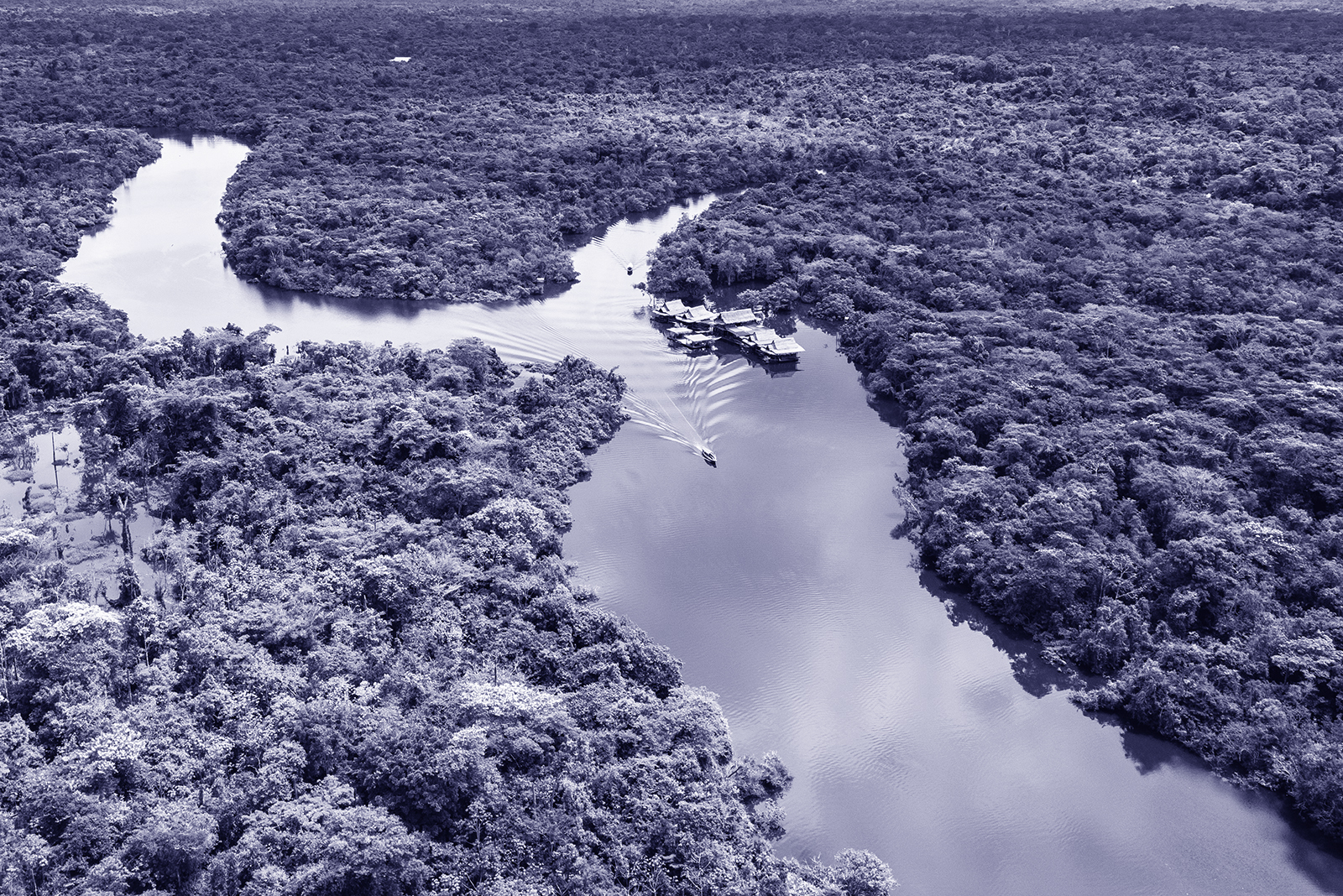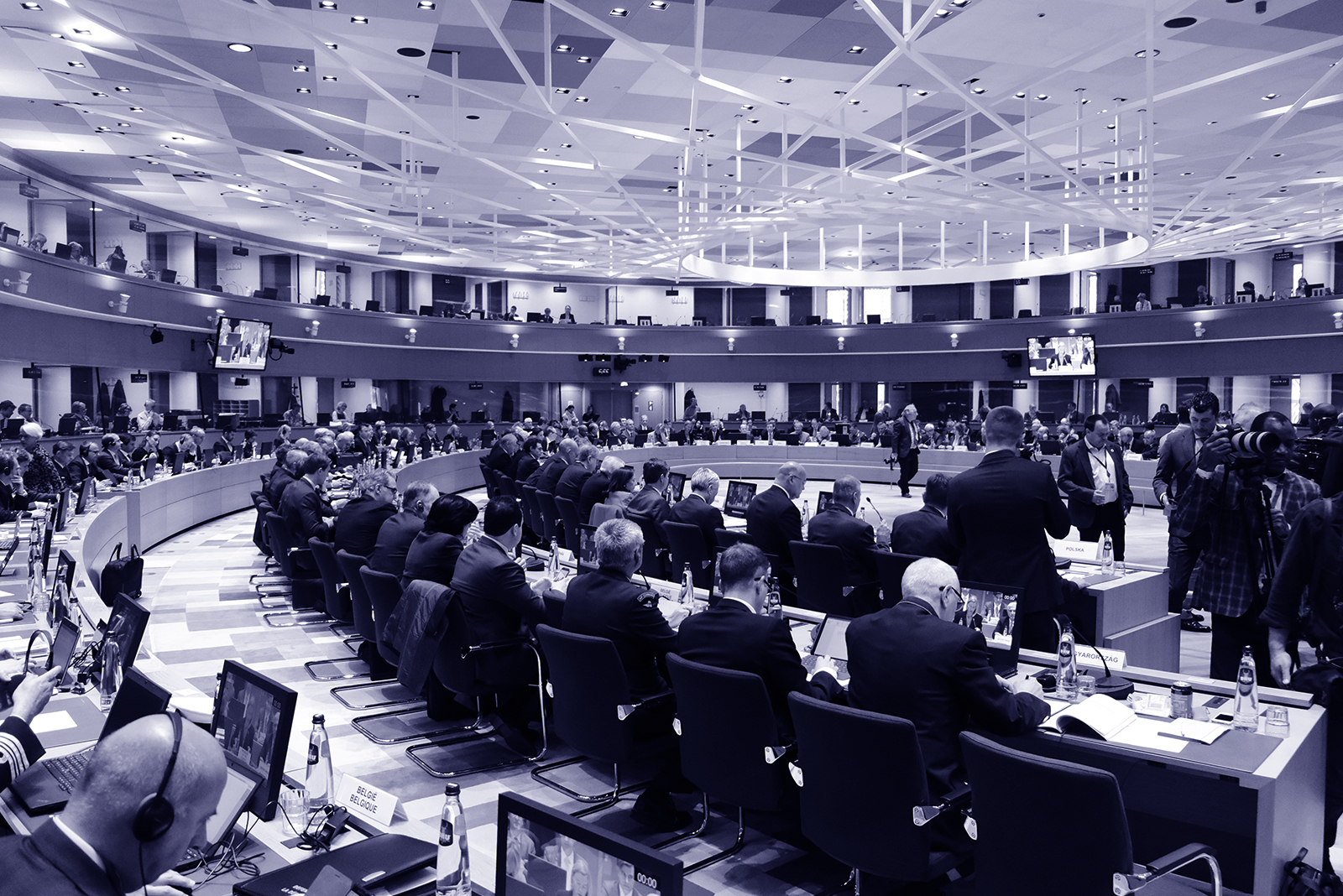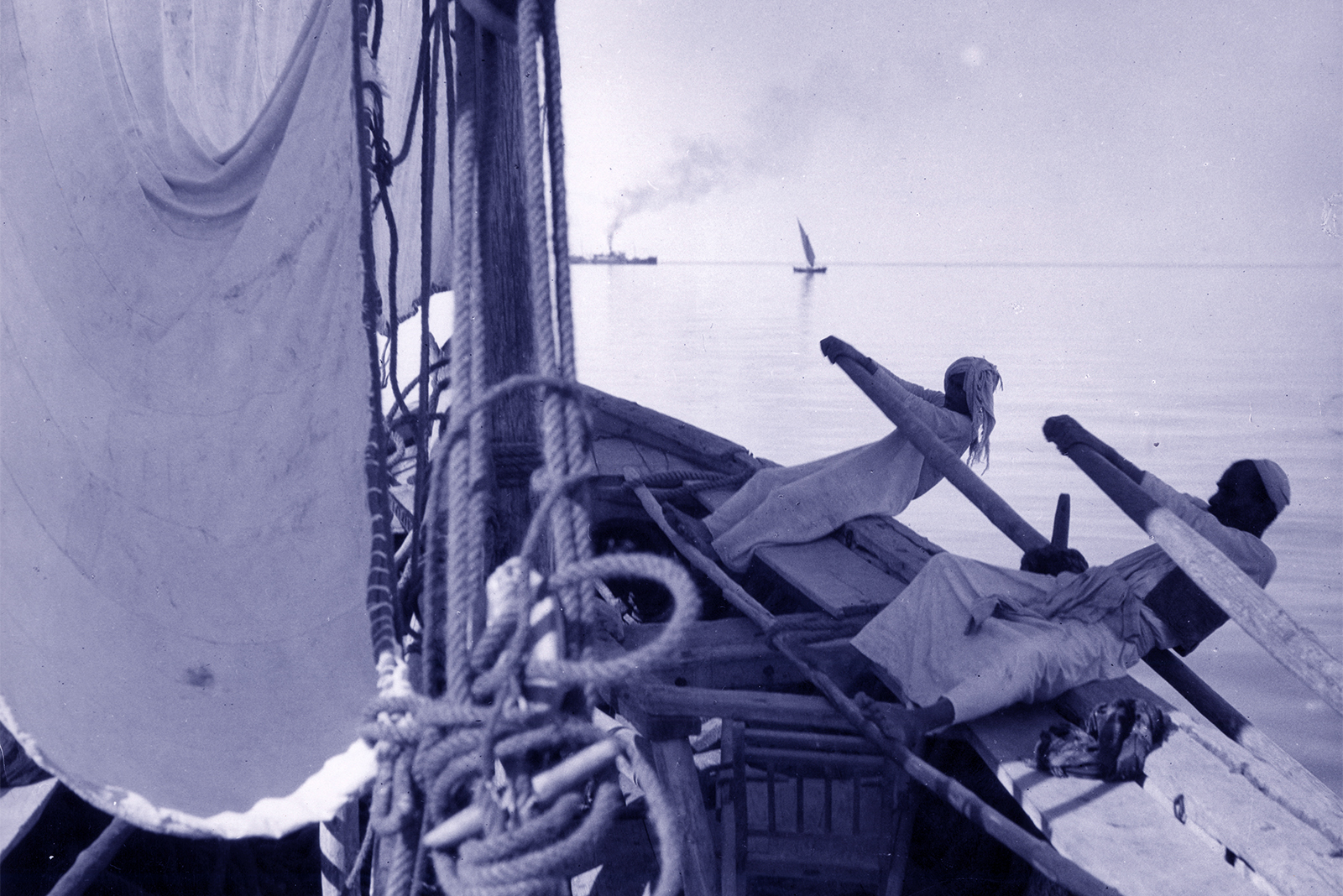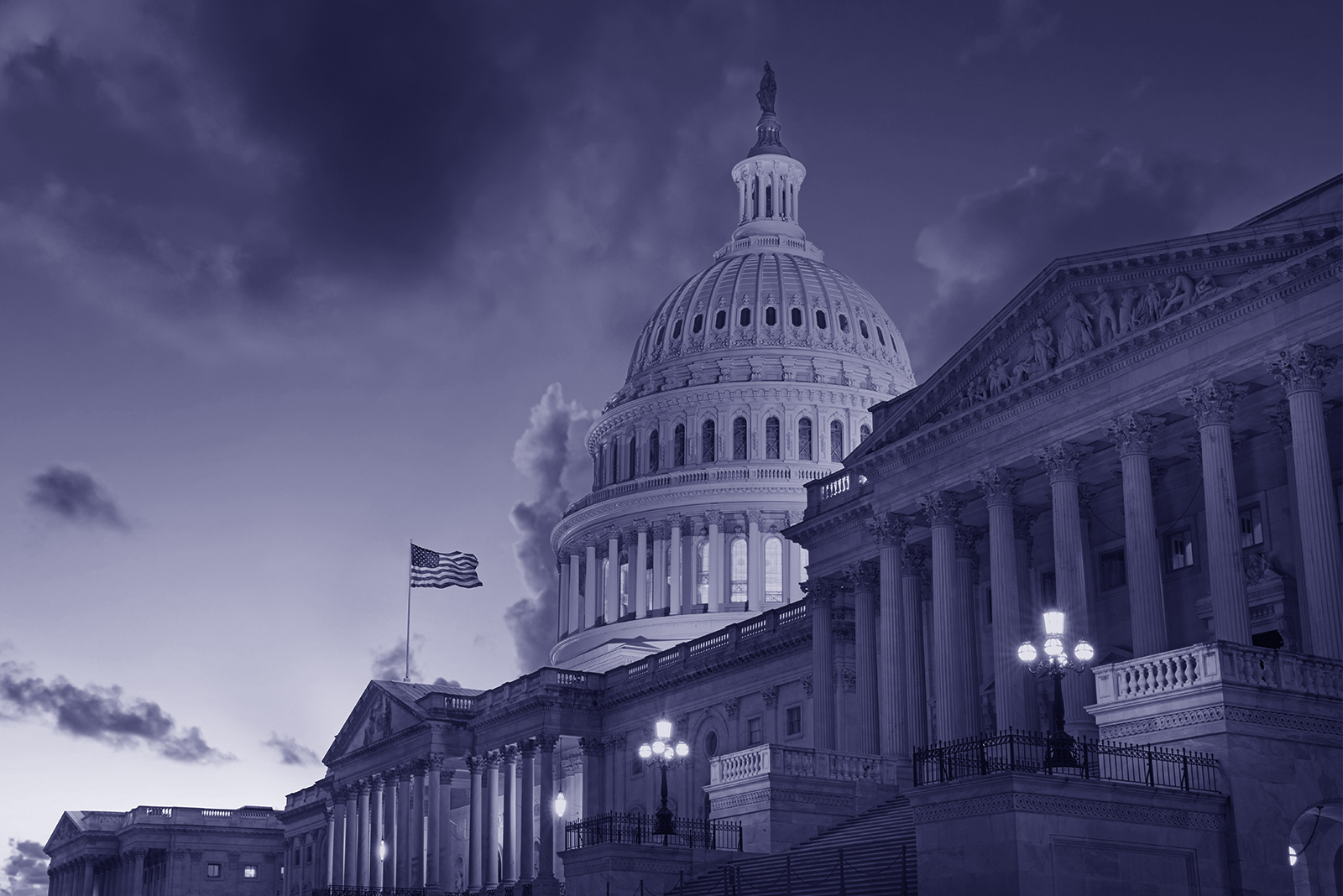
Global US Absence & Alternative Power Centers
While the West flourished post-Second World War, the Global South faced marginalization. Today, the international order is undergoing a realignment of power. More nations are standing against hegemony, and what once seemed permanent is shifting into a new reality: the rise of multipolar cooperation, a stronger voice from the Global South, and the recognition that the world’s future cannot rest in the hands of a single power.


